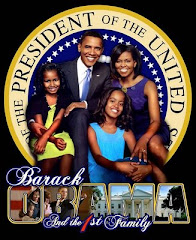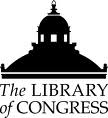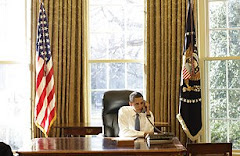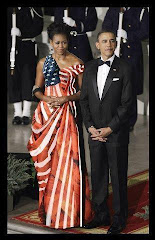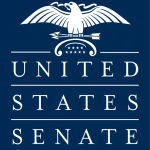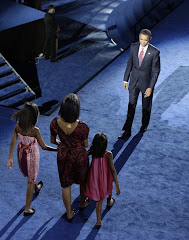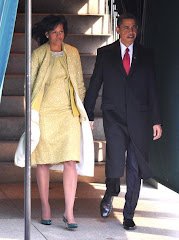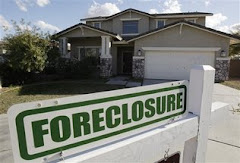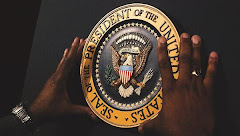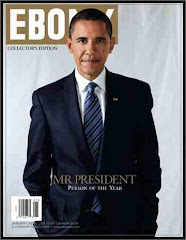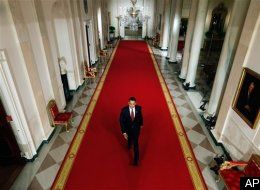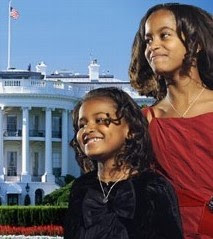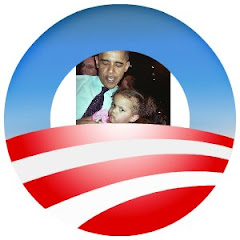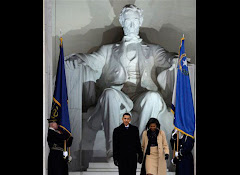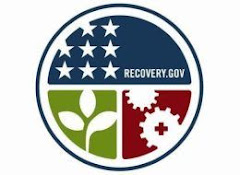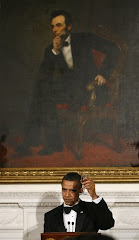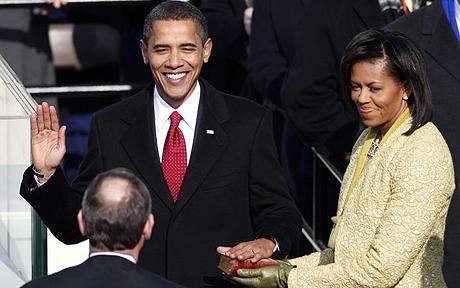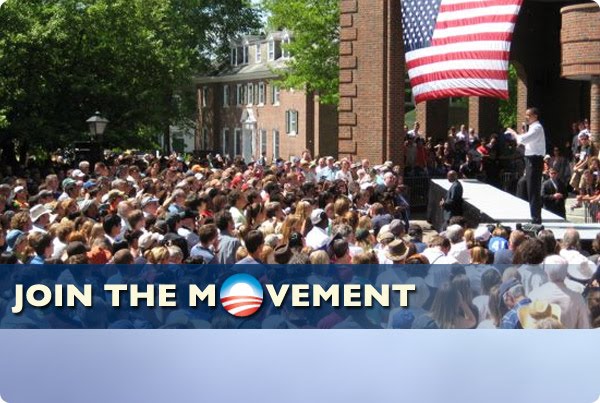WATCH: 2012 W.H Correspondents Dinner
Sunday, April 29, 2012
Watch:
2012 Correspondents Dinner
WATCH: 2012 W.H Correspondents Dinner
WATCH: 2012 W.H Correspondents Dinner
Subscribers CLICK B4B MAIN PAGE to Watch
Labels:
Jimmy Kimmel,
Michelle Obama,
Obama Targets Romney,
Watch Obama 2012 W.H. Correspondents Dinner
Tuesday, April 24, 2012
President Battles GOP
Against College Tuition Increase
 By John W. Schoen, Senior Producer
At a time when American employers are complaining they can't find enough highly-skilled and well-educated workers, a political battle is shaping up over the looming rise in the cost of student loans.
The Obama administration Friday kicked off a push to delay a scheduled increase in the interest rate charged on so-called Stafford loans for college. But the program is just one of many that face pressure from Republicans who say they are too costly for taxpayers.
The president will be taking the issue on the road next week in speeches on college campuses in North Carolina, Colorado and Iowa, hoping to appeal to debt-burdened, college-aged voters who are struggling with a record pile of debt to pay for the relentless rise in the cost of a degree.
"At a time when Americans owe more on student loans than [on] credit cards, President Obama believes we must reward hard work and responsibility by keeping interest rates on student loans low so more Americans get a fair shot at an affordable college education, the skills they need to find a good job and a clear path to middle class," the White House said.
Republicans argue that extending the lower rate on Stafford loans would add to the deficit and add to students' uncertainty about the future cost of borrowing to go to college.
“Bad policy based on lofty campaign promises has put us in an untenable situation," said Rep. John Kline, R-Minn., and chairman of the House Committee on Education and the Workforce. " We must now choose between allowing interest rates to rise or piling billions of dollars on the backs of taxpayers."
Interest rates on federal student loans are set to double to 6.4 percent on July 1 unless the current law is changed. In 2007, Congress cut the rate on subsidized Stafford loans made to undergraduate students in half, but only for four years.
Stafford loans are subsidized for students who qualify based on their family's income. Some 30 percent of undergraduates had Stafford loans in 2008 with an average loan amount of $3,400; another 22 percent received an average of $3,200 in unsubsidized Stafford loans. The White House estimates that allowing the rate to rise would add about $1,000 a year to cost of the the average Stafford loan.
No matter where the increase cost is felt, a variety of government programs to help colleges students are under pressure as Congress faces a looming deadline to cut the federal budget deficit early next year.
The possible funding cuts come as American employers complain that they can't find enough people with the skills and education they need to fill the best-paying jobs. As U.S. companies increasingly compete on a global stage, developing countries like China are investing heavily in higher education and raising completion rates for advanced degrees.
(Read rest of article)
By John W. Schoen, Senior Producer
At a time when American employers are complaining they can't find enough highly-skilled and well-educated workers, a political battle is shaping up over the looming rise in the cost of student loans.
The Obama administration Friday kicked off a push to delay a scheduled increase in the interest rate charged on so-called Stafford loans for college. But the program is just one of many that face pressure from Republicans who say they are too costly for taxpayers.
The president will be taking the issue on the road next week in speeches on college campuses in North Carolina, Colorado and Iowa, hoping to appeal to debt-burdened, college-aged voters who are struggling with a record pile of debt to pay for the relentless rise in the cost of a degree.
"At a time when Americans owe more on student loans than [on] credit cards, President Obama believes we must reward hard work and responsibility by keeping interest rates on student loans low so more Americans get a fair shot at an affordable college education, the skills they need to find a good job and a clear path to middle class," the White House said.
Republicans argue that extending the lower rate on Stafford loans would add to the deficit and add to students' uncertainty about the future cost of borrowing to go to college.
“Bad policy based on lofty campaign promises has put us in an untenable situation," said Rep. John Kline, R-Minn., and chairman of the House Committee on Education and the Workforce. " We must now choose between allowing interest rates to rise or piling billions of dollars on the backs of taxpayers."
Interest rates on federal student loans are set to double to 6.4 percent on July 1 unless the current law is changed. In 2007, Congress cut the rate on subsidized Stafford loans made to undergraduate students in half, but only for four years.
Stafford loans are subsidized for students who qualify based on their family's income. Some 30 percent of undergraduates had Stafford loans in 2008 with an average loan amount of $3,400; another 22 percent received an average of $3,200 in unsubsidized Stafford loans. The White House estimates that allowing the rate to rise would add about $1,000 a year to cost of the the average Stafford loan.
No matter where the increase cost is felt, a variety of government programs to help colleges students are under pressure as Congress faces a looming deadline to cut the federal budget deficit early next year.
The possible funding cuts come as American employers complain that they can't find enough people with the skills and education they need to fill the best-paying jobs. As U.S. companies increasingly compete on a global stage, developing countries like China are investing heavily in higher education and raising completion rates for advanced degrees.
(Read rest of article)Saturday, April 14, 2012
WATCH:
President's Weekly Address


It's Time for Congress to Pass the Buffett Rule
President Obama urges Congress to pass the Buffett Rule -- which asks those who
make more than $1 million a year to pay at least the same percentage of their
income in taxes as middle class families -- as a principle of fairness.
President Obama urges Congress to pass the Buffett Rule -- which asks those who
make more than $1 million a year to pay at least the same percentage of their
income in taxes as middle class families -- as a principle of fairness.
WATCH:
Subscribe to:
Posts (Atom)



